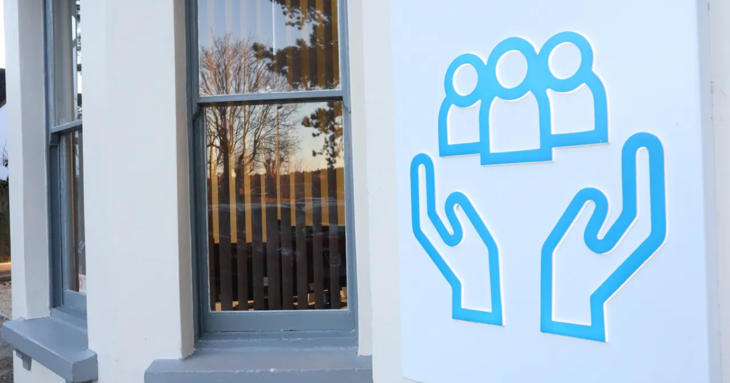First Thought Care Services, a leading Gloucestershire care provider, is opening a new independent special school to offer tailored support for children with complex needs, alongside a training centre to boost skills across the social care sector.
SoGlos chats with its CEO and founder, Jack Cook, to find out all about the new school, opening on Hucclecote Road in Gloucester in March 2026.

What inspired First Thought Care Services to establish a new independent special education school in Gloucestershire?
As a care leaver myself, I’ve always been passionate about creating opportunities that I wish had been available when I was younger.
Over the past few years, through First Thought Care Services, we’ve seen too many children falling through the cracks because mainstream schools cannot always adapt to complex needs – and specialist provision locally is oversubscribed.
The independent special school is our response to that gap; a place where education is shaped around the individual rather than the other way round.
It’s about combining consistency, therapeutic input and meaningful learning so that children who have struggled elsewhere can finally thrive.
How will the school support children and families who have struggled to find the right educational environment elsewhere?
Our school will be built around a one-to-one, person-centred approach.
Every learner will have a bespoke plan tied directly to their Educational Health and Care Plan (EHCP) outcomes, supported by teaching assistants and specialist practitioners who understand both education and care.
Families will also be included at every stage, with regular reviews, open communication and practical support so that the home environment and school environment work hand in hand.
The aim is not just to provide education, but to reduce isolation, build confidence and give families the reassurance that their child’s needs are being properly understood and met.
How do you see the school shaping opportunities for young people in the community?
Long-term, our vision is that young people who might otherwise have been written off by the system will leave with skills, qualifications and a sense of belonging.
In five to 10 years, I hope we will see young people we’ve taught moving into employment, further education, or supported independence, confident in their abilities.
I also believe the school will set a standard locally for what truly inclusive, holistic education can look like, encouraging wider systems change.
You're also launching a dedicated training centre for care – why is that?
The care sector is facing one of the toughest recruitment and retention challenges we’ve ever seen.
High turnover and gaps in training often leave both staff and the people they support at risk. We felt now was the right moment to take responsibility for setting the bar higher.
Launching our training centre means we can equip not only our own team, but also colleagues across the sector, with the right skills, confidence and resilience to provide outstanding care.
What skills and qualifications will the centre provide and who will be able to access them?
The centre will deliver nationally recognised qualifications in adult and children's social care, alongside specialist training in areas like autism; Positive Behaviour Support (PBS); mental health; and trauma-informed practice.
It won’t just be for our workforce, we’ll open it up to partner organisations, schools and families who want to better understand how to support loved ones.
Our vision is that anyone in the community who wants to learn how to care more effectively will have somewhere to turn.
First Thought Care Services has deep local roots. How do you keep the needs of the community at the heart of each project?
We don’t design anything in isolation. Every new project begins with conversations with families, young people, commissioners and our own staff.
We listen to the frustrations people have with existing systems and then build services that remove those barriers.
Our local roots mean we understand the challenges here – from long waiting lists to rural transport issues – and our projects are shaped to meet those specific needs, rather than a 'one-size-fits-all' approach.
What impact do you hope this project will have on people's lives?
We want to create a ripple effect. For our own workforce, the centre will mean consistent, high-quality training and clear career pathways; people will see care as a profession, not just a job.
For the wider sector, we hope to reduce reliance on underqualified agency staff, raise safeguarding standards and foster a culture of pride in social care.
For a child who has been excluded or told they can’t achieve, to walk into our school and feel 'this is where I belong' – that’s life-changing.
For a young person who has been supported through our care and education, to go on to live independently or find a job they love – that’s the reason I started this journey.
Both the school and the training centre are about breaking cycles and raising aspirations, not just for individuals but for the whole community.
If Gloucestershire and Herefordshire can become known as places where care is delivered to the highest standards, then that benefits everyone.





















